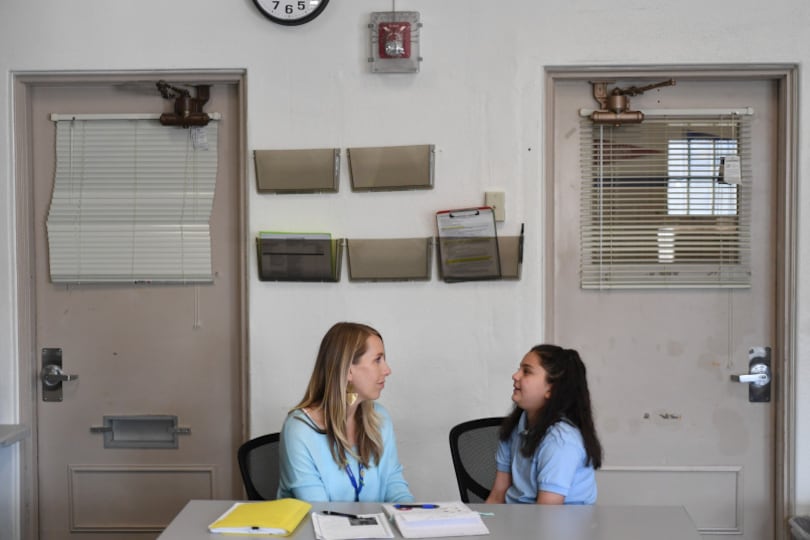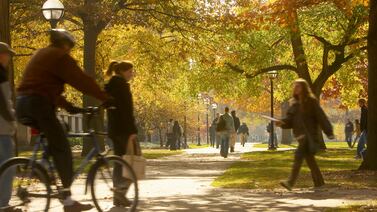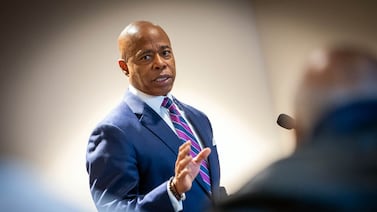My name is Amelia Federico, I’m a senior at DSST: Byers High School in Denver, and, like many of you, my life has been turned upside down by the COVID-19 pandemic.
I was hanging out with some friends after school on March 12 when I received the message that we wouldn’t have school again until April 6. At that time, I was honestly excited for a break. As a senior in high school, I was dealing with preparing for AP tests, making decisions about my future, and participating in clubs and extracurriculars. Trying to balance all of that comes with a lot of stress and anxiety. In fact, many students live in a world of consistent pressure and anxiety, which is undoubtedly a factor contributing to the relatively high suicide rates among Colorado teens.
Those three weeks turned out to be much more difficult than I anticipated. But I told myself that I could mentally do three weeks.
The reality now, of schools closed for the rest of my senior year, is even tougher. After 12 years of being a Denver Public Schools student, instead of being in a familiar classroom, surrounded by the community I love for my last class, I will be alone in my living room, saddened to miss the milestones others associate with the end of high school.

Along with processing all of that, I am dealing with the new pressure of supporting my family as best I can. My mom is a single mom, out of work due to the pandemic, and solely responsible for keeping food on the table, a roof over our head, and making sure we are all healthy. I see her stress and anxiety, and it makes me feel helpless. I know I am not the only young person having this experience right now. In Denver, 64% of the district’s students receive free or reduced price lunch, and I’m sure many of those families are experiencing struggles similar to ours. That means thousands of students across the city are experiencing more stress, anxiety, and uncertainty than ever before.
On a positive note, the pandemic has elevated the importance of mental health. Just this week in a survey released by the Colorado Department of Education and the Colorado Education Initiative, district leaders identified emotional support as the top priority for schools across the state. Young people have been pushing this conversation for a long time, and adults are finally catching up.
Adult leaders could learn much from students in conversations about what adequate mental health support looks like during this time and in the future. I know, because over the last two years I have been in constant conversation with other students through my work at Our Turn. Our Turn is a grassroots advocacy organization that helps young people push for policy changes in their school districts.
In 2017, students and community members I work with identified mental health as a core issue. And since then, we’ve been urging Denver Public Schools to ensure that all schools staff at least one full-time mental health counselor, that those counselors reflect the identity of the students they work with, and that all school staff receive trauma-informed training each school year.
These kinds of support are more important than ever. I am worried that, in the fall, students will be expected to go back to school just like normal — the same way we were expected to transition to online learning, even though we weren’t involved in the development of remote learning plans.
Young people deserve to have their voices heard and their years of leadership honored. If we had been heard before this crisis, maybe in addition to having access to math and science online, students would also be able to meet with school-based mental health staff.
In these unprecedented times, I’m watching people come together in meaningful ways. I hope one of the new ways we come together in Denver and Colorado is for teachers, principals, and parents to join students in their call for more mental health support.
Amelia Federico is a senior at DSST: Byers High School in Denver.








